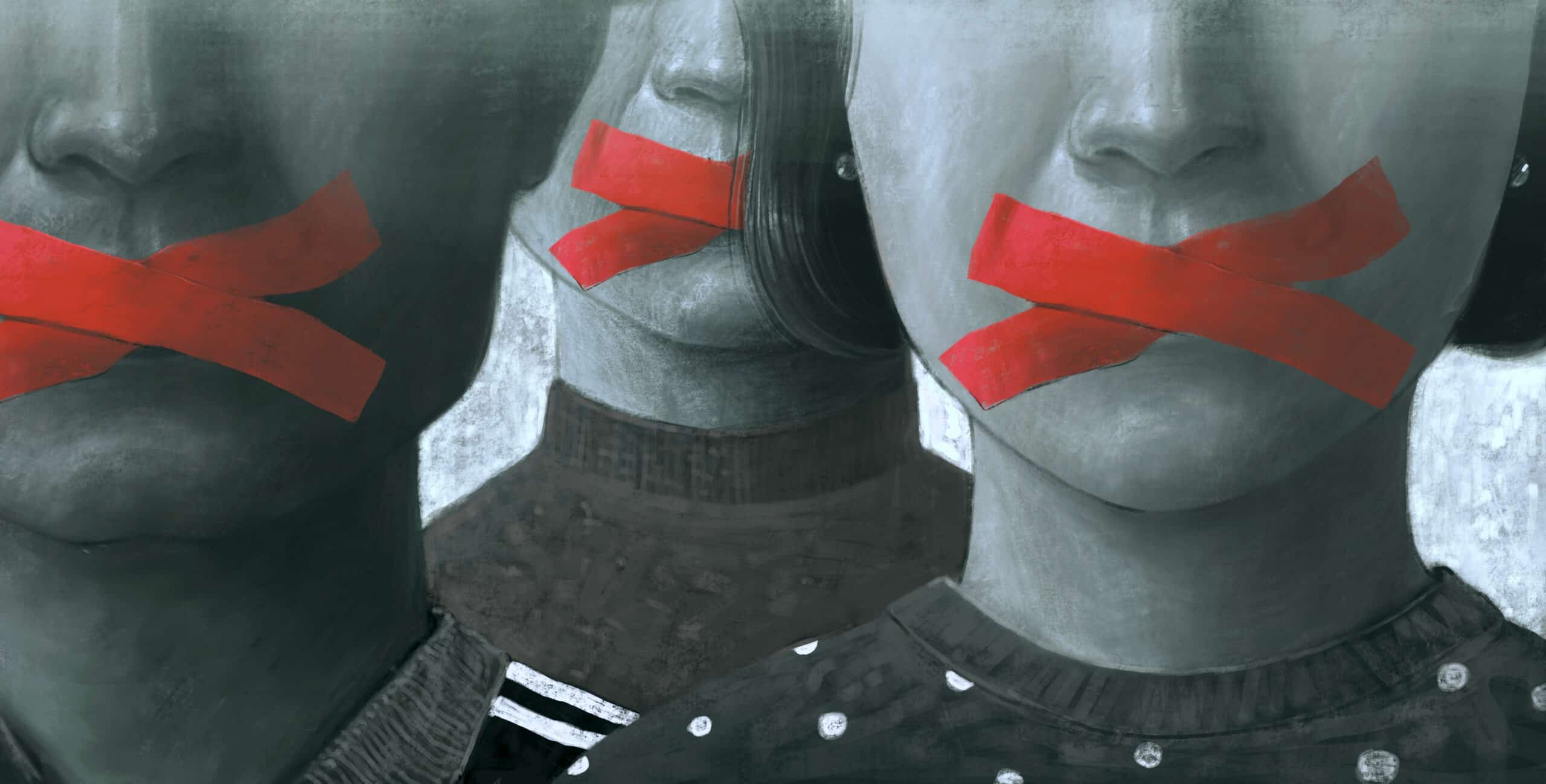
Are social media platforms truly “social?” Twitter’s mission statement reads, “To give everyone power to create and share ideas and information instantly, without barriers.” Facebook’s mission statement includes, “the power to build community and bring the world closer together.” If these platforms were intentionally designed with missions to build a more cohesive community through the free flow of information, why has there been astounding amounts of censorship of protected speech on these platforms? The answer is government abuse of power.
The government abuses its power to delete posts deemed contrary to its political regime. The First Amendment states that Congress shall make no law abridging the freedom of speech. The principal function of free speech under the United States’ system of government is to invite civil discourse. The Founding Fathers believed if freedom of speech be taken away, “dumb and silent we may be led, like sheep, to the slaughter.” Americans, despite political views, shall not have protected speech be suppressed by the Government.
In attempts to suppress alleged disinformation, the Federal Government in Missouri v. Biden has blatantly ignored the First Amendment right to free speech. Government agencies and officials unlawfully pressured social-media platforms into censoring constitutionally protected speech. The plaintiffs include two states, Missouri and Louisiana, and are represented by New Civil Liberties Alliance. The States allege they have a sovereign interest in receiving the flow of information on social media platforms to inform citizens of public policy decisions. Since 2016, federal officials have made demands to these platforms inducing them to censor disfavored speech. Further, Defendants threatened adverse consequences to social-media companies, such as reform of Section 230 immunity under the Communications Decency Act and increased regulations if companies refuse to comply. Defendants attempt to argue the Federal Government promoted necessary actions to protect public safety when confronted by a deadly pandemic and assaults on election infrastructure. Unsurprisingly, the government maintains they had nothing to do with the censored speech.
This July 4th was one great celebration of American liberty. Judge Doughty issued a preliminary injunction in Missouri v. Biden against eight federal agencies. The injunction barred them from “threatening, pressuring, or coercing social media companies in any manner to remove, delete, suppress, or reduce content containing protected free speech.” The Preliminary Injunction prohibits something the Defendants have no legal right to do—contacting social-media companies for the purpose of encouraging them to remove protected free speech posted on their platforms. Because the First Amendment bars “abridging” the freedom of speech, any government policy that reduces that freedom on the platforms violates the First Amendment. The government is abridging the speech of the many who post (and all who read) on the so-called “social” platforms.
Although this will not be the end of governmental abuse of power, the hope is this roadblock will discourage officials from deciding they have the power to dictate what Americans can and cannot say on social media platforms. Blocking users, deleting comments, or censoring posts because they express critical opinions offends the principles of transparency integrated into our Constitution. Next time you read news or political statements on social media platforms, ask yourself “Is this really a “social” network based on a collection of diverse perspectives and viewpoints?” Undoubtedly, it is merely a reflection of what the government wants to portray and a suppression of protected speech against the government’s regime.
